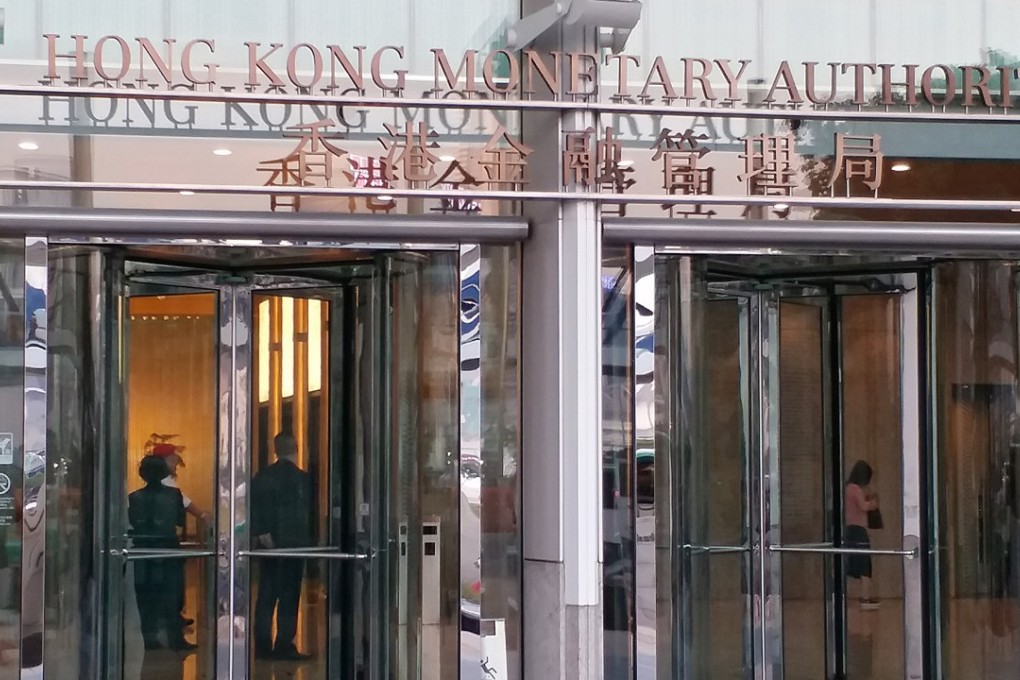Hong Kong Monetary Authority bought HK$51 billion during 13 interventions to stabilise currency against US dollar
Intervention within expectations, says deputy chief executive Howard Lee

The Hong Kong Monetary Authority, the city’s de facto central bank, in the past week has bought HK$51 billion of its own currency by selling US$6.54 billion worth of US dollars to defend the Hong Kong dollar, a move that its deputy chief executive said was in accordance with the linked exchange rate system.
“Since Thursday, when we triggered the weak end of the peg, we have intervened in the market a total of 13 times, buying HK$51 billion and selling the US dollar. This has reduced the banking aggregate balance within our expectations,” Howard Lee said in a media briefing on Thursday morning.
“Previously, when the strong end of the convertibility undertaking has been triggered, this too has led to situations of foreign exchange interventions. We have been monitoring the market behaviour and we realised operations have been smooth,” he said.
Lee also pointed to the absence of the large-scale shorting of the Hong Kong dollar.
“There are concerns if there are people who short the Hong Kong dollar. But when there is a situation providing arbitrage opportunities of interest rate differentials, then selling the Hong Kong dollar under because of this is expected, under the linked exchange rate system.”